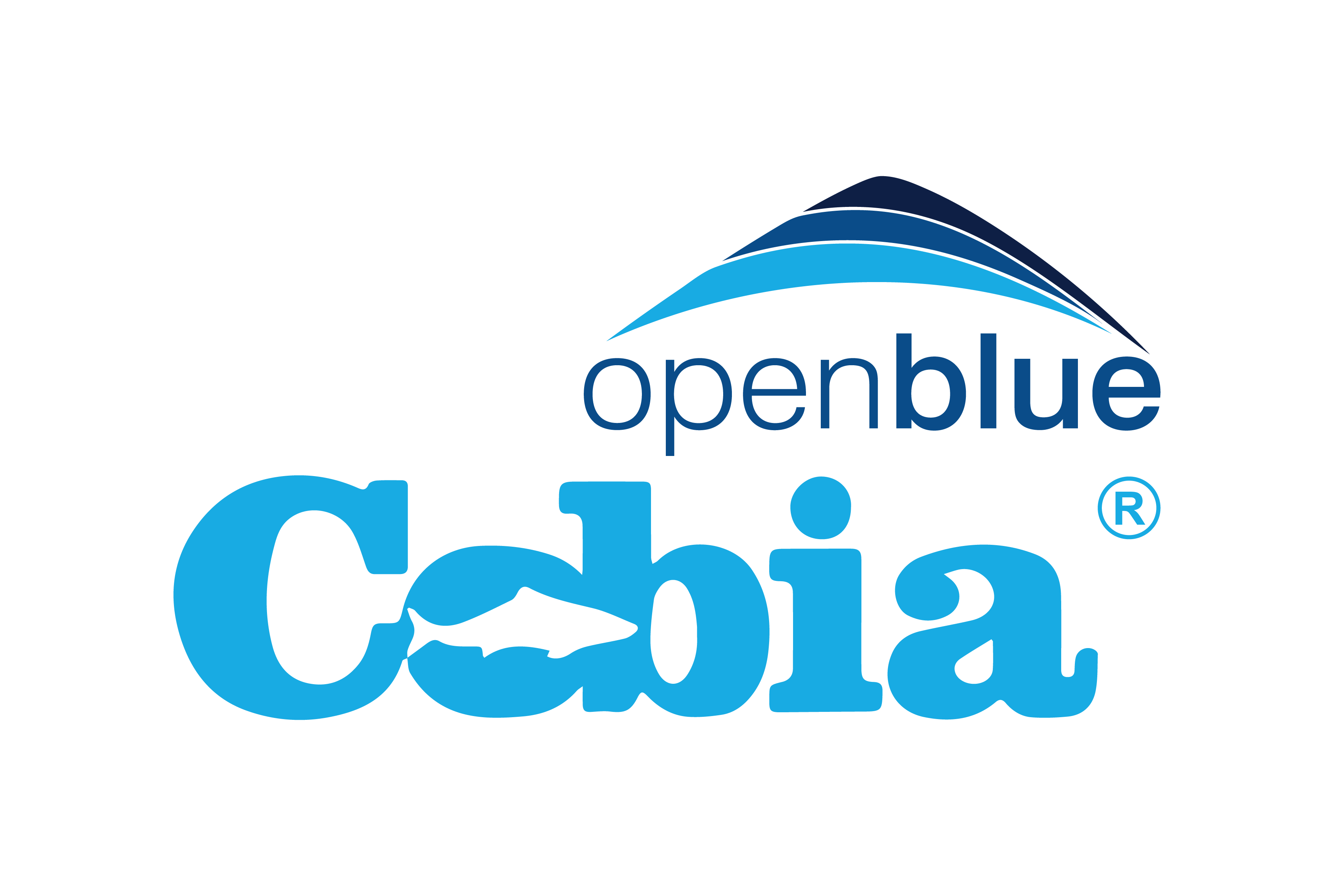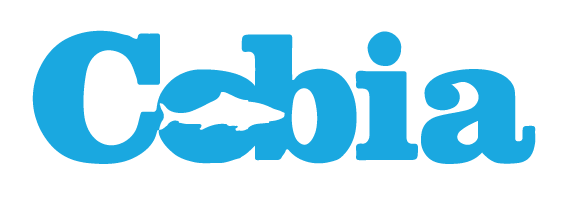Your shopping bag is empty
Go to the shopOpen Blue Cobia FAQ's
Open Blue Cobia FAQ's
Open Blue Cobia are available year round, our internal logistics department works around the clock to ensure you get the best quality fish, the quickest way possible.
We raise our fish in waters where Cobia can naturally be found. Our farm is located in the Costa Arriba region of Panama. The farm site is located over the horizon in Panama’s Atlantic ocean, more than seven miles offshore in the deep, blue waters of the Caribbean Sea.
Our fish are raised far from shore where the waters are deep, clean and pure. It is a high-energy environment where the fish never see the same water twice and the surrounding environment is preserved. Our fish are healthy and have a clean good taste with just the right texture.
The farm is 11-12 kilometers (7 miles) off the North coast of Panama. It is literally over the horizon. The water depth at the farm ranges from 65-70 meters (213-230 feet).
Absolutely not, our fish are raised in a pristine environment and fed a clean, controlled diet. We regularly sample our fish to verify that they are clean and healthy.
We do our best to mimic Cobia’s natural diet as closely as possible. Our feed includes fishmeal, fish oil, plant proteins, vitamins and minerals. Our diets are natural and free of hormones, colorants, pesticides, and other harmful contaminants. We will continue to monitor feed ingredients and make the best decision for our customers, our fish and the sustainability of our company and the ocean.
SERVING WEIGHT - 100 g (raw) CALORIES - 87 PROTEIN - 18.99 g FAT, TOTAL - 0.64 g SATURATED FATTY ACIDS, TOTAL - 0.12 g CARBOHYDRATE - 0 g SUGARS, TOTAL - 0 g FIBER, TOTAL DIETARY - 0 g CHOLESTEROL - 40 mg SELENIUM - 36.5 mcg SODIUM - 135 mg
Our Cobia are farmed and raised in open net pens in the Caribbean and the population is tested annually for mercury. Analysis of mercury in Open Blue Cobia falls well below safety standards set by the USFDA. The Cobia are fed certified sustainable feed that meets their dietary requirements for a happy and healthy fish. Every year, the USFDA samples our Cobia, which on average have levels well under the limit deemed safe for consumption. For more information on US Dietary Guidelines, please click HERE.
Our feed it is a concentrated food from a recognized company and with the required certifications to support our own certifications related to food safety (BAP) and the part of sustainability (ASC)
No, stress hormone levels are not tested, just like they are not tested in wild-captured fish.
Our feed is not toxic. There would be no benefit in feeding toxic feed to our fish. We go out of our way to ensure the nutritional formulation is aligned with the requirements of the fish for each of their developmental stages to ensure fish remain in top health and at peak performance. This has been accomplished through years of research where we determine the digestibility of various ingredients and the performance, gut and overall health of the fish to establish a set of strict nutritional and quality standards that allow our fish to grow healthy and free of toxins and pollutants. Every shipment of feed is laboratory tested to make sure is free of any element that could negatively affect fish health, such as fungi, rancidity, insufficient nutrients etc. The feed is composed mostly of high quality fish meal and fish oil from what would be their natural prey. These ingredients are responsibly sourced in a sustainable manner following strict ASC and BAP certification standards. We undergo annual external audits, as do our feed providers to ensure all is done in accordance to our commitment to our fish’s health and wellbeing, the environment and the overall sustainability of our operations. When you eat our fish you can be certain it has been farmed with the outmost respect to the fish and the environment in which we operate. A responsibly farmed fish is always more environmentally friendly than consuming wild-caught fish. We cannot continue to feed on wild-caught protein. Farming the fish is the future, and doing it responsibly is our commitment.

